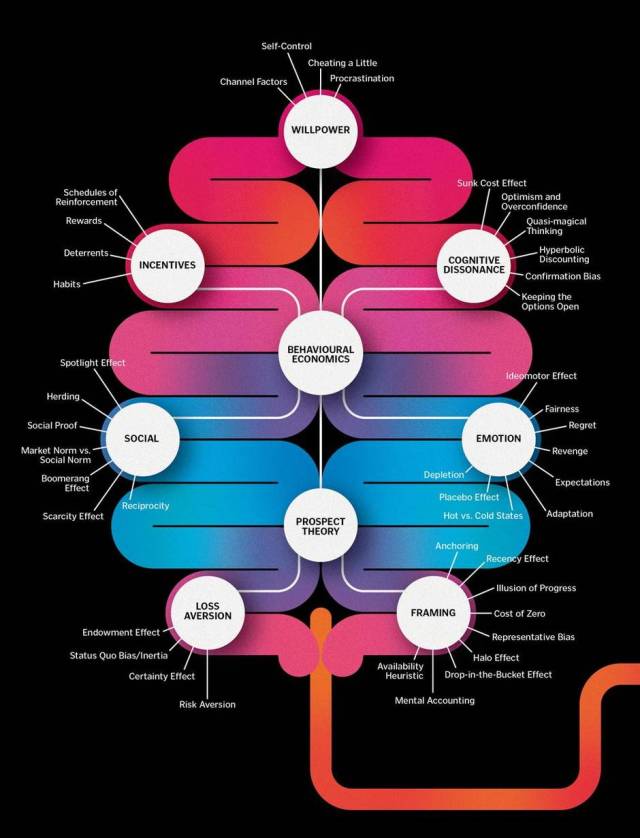I don’t write as much about pensions on here as I should, considering that it is a large portion of my research. However, there was some news this morning that is idiosyncratic enough to write about. As you’ve probably guessed, that news is Pope Benedict XVI’s announcement of his retirement from the Papacy. As he said:
I declare that I renounce the ministry of Bishop of Rome, Successor of Saint Peter, entrusted to me by the Cardinals on 19 April 2005, in such a way, that as from 28 February 2013, at 20:00 hours, the See of Rome, the See of Saint Peter, will be vacant and a Conclave to elect the new Supreme Pontiff will have to be convoked by those whose competence it is.
This lead me to wonder, what sort of retirement benefits does the Pope get? Is there a pension?
To begin my brief investigations, I should note that this is a very rare event. Apparently before Pope Benedict XVI, only four popes had resigned in the last 1,000 years. The last was Pope Gregory XII in 1415 and that was during the great schism. (As an aside, two of the previous resigners were named Gregory, there are now two named Benedict.)
So what did these Popes do in their retirement?
- Pope Benedict IX, resigned in 1045: After much scandal, he resigned the office after taking a lump-sum payment from his godfather. Apparently regretting his decision, he recaptured Rome. He was later deposed by the Council of Sutri, which he didn’t accept. He was accused of simony, later excommunicated, and his final fate is obscure.
- Pope Gregory VI, in 1046: Tied up with the tumultuous Benedict IX, he was forced to resign when confronted by his bishops. We was “taken” to Germany where he died in 1048.
- Pope Celestine V, in 1294: Seemingly not enamored of the office, Pope Celestine V formalized the resignation process. He issued the decree declaring that Popes had the right to resign. He later declared that he was resigning for “the desire for humility, for a purer life, for a stainless conscience, the deficiencies of his own physical strength, his ignorance, the perverseness of the people, his longing for the tranquility of his former life”. He didn’t get his peaceful life, although the Vatican did give him a post-retirement plan, in a way. His successor sent for him, captured him, and imprisoned him. He was later canonized.
- Pope Gregory XII, in 1415: Chosen in a very political manner, he had problems with the cardinals from the start. Political struggles led to his resignation but he was given another job as a legate and reappointed as a Cardinal (it seems that ex-Popes don’t automatically revert to their former office.)
And what does the future hold for Benedict? He will retain the title of Bishop, which is a Catholic sacrament. His living arrangements will be taken care of:
Pope Benedict XVI will move to the Papal residence in Castel Gandolfo when his resignation shall become effective. When renovation work on the monastery of cloistered nuns inside the Vatican is complete, the Holy Father will move there for a period of prayer and reflection.
He will also apparently receive health care and some form of monetary support:
Benedict will continue to have access to the Vatican’s lavish healthcare plan and probably also to the private doctors who currently manage his medical treatment. The pope does not officially receive a salary, though his needs are seen to by the Holy See. Canon law requires each diocese to provide support and housing for its priests after they retire, though the details of priests’ and bishops’ pension plans vary from country to country.
Obviously, one doesn’t seek to become Pope for the money or the other benefits (in this world), this is a useful and interesting reminder that every organization needs a retirement and succession plan.


